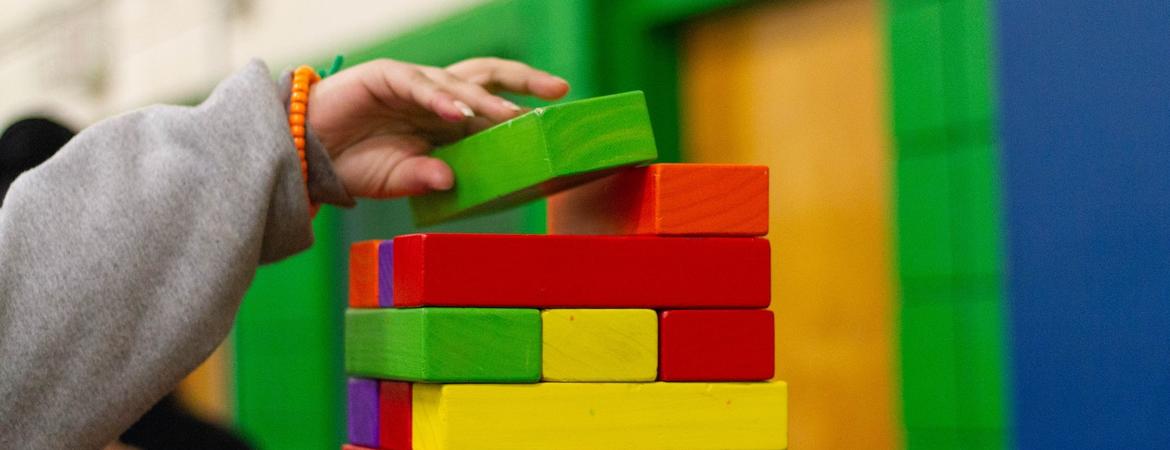
People use spatial skills to manipulate, organize, reason about, and make sense of spatial relationships in real and imagined spaces. Estimating how much leftover mashed potatoes will fit in a storage container requires spatial skills, as do fitting a car into a parking space or assembling a new piece of furniture.
Research has now confirmed a widely reported link between spatial skills and mathematical skills. The new paper is based on two meta-analyses led by Kinnari Atit, an assistant professor of education at UC Riverside. The association between the two skillsets was moderate, with gender and grade level playing no significant role. This means that regardless of students’ gender or grade-level, the relation between spatial skills and mathematical skills is the same. This finding suggests that improving spatial skills could improve math outcomes in students of any gender or educational level.
“This is a big deal because there is evidence that spatial skills are malleable and can be improved with practice and experience carrying out spatial tasks,” said Atit. “Moreover, the development of spatial skills is not reliant on formal learning experiences. Researchers have found that engaging in activities such as playing blocks, puzzles, and video games can improve one’s spatial skills.”
Studies have long noted a connection between spatial skills and mathematical skills. Students with good spatial skills often also do well in math, and some studies have suggested that spatial skills can predict future mathematics learning independently of verbal or other reasoning skills.
Despite much evidence that a connection between the two skillsets exists, however, the details of the relations between spatial skills, mathematical skills, and factors of general intelligence are not well understood. The effects of gender, grade level, and other kinds of verbal and reasoning abilities on the relationship between spatial and mathematical skills have not been thoroughly investigated.
Atit and co-authors screened papers on the topic published in the past 20 years and selected 45 papers that met all their research criteria. They extracted relevant data from these papers and subjected it to two statistical analyses.
The first study found an association between spatial skills and mathematical achievement that was not strongly affected by gender or grade level. The second study found that fluid reasoning and verbal skills influenced the relationship between spatial and mathematical skills but even so, there was still a direct connection between the two that stood apart.
Fluid reasoning is the ability to analyze novel problems, identify patterns and relationships that underpin these problems, and apply logic without using previous information.
“What the findings from the second study show is that this skill for flexible problem solving along with verbal skills are critical components of this relation between spatial and mathematical skills. However, even after accounting for these additional skills, the relation between spatial skills and mathematical skills persists,” said Atit.
The findings validate efforts to sharpen students’ mathematical skills by helping them develop spatial skills but also suggest that this effort should continue after elementary school. Because the connection was evident at all grade levels, developing spatial skills could also help secondary and postsecondary students learn math. Additionally, the findings indicate that bolstering spatial skills along with fluid reasoning and verbal skills might provide an even bigger boost to students’ mathematical achievement than developing spatial skills alone.
Atit was joined in the research by Jason Richard Power, Terri Pigott, Jihyun Lee, Elyssa A. Geer, David H. Uttal, Colleen M. Ganley, and Sheryl A. Sorby. The paper, “Examining the relations between spatial skills and mathematical performance: A meta-analysis,” is published in Psychonomic Bulletin & Review.
Header photo: La-Rel Easter on Unsplash




